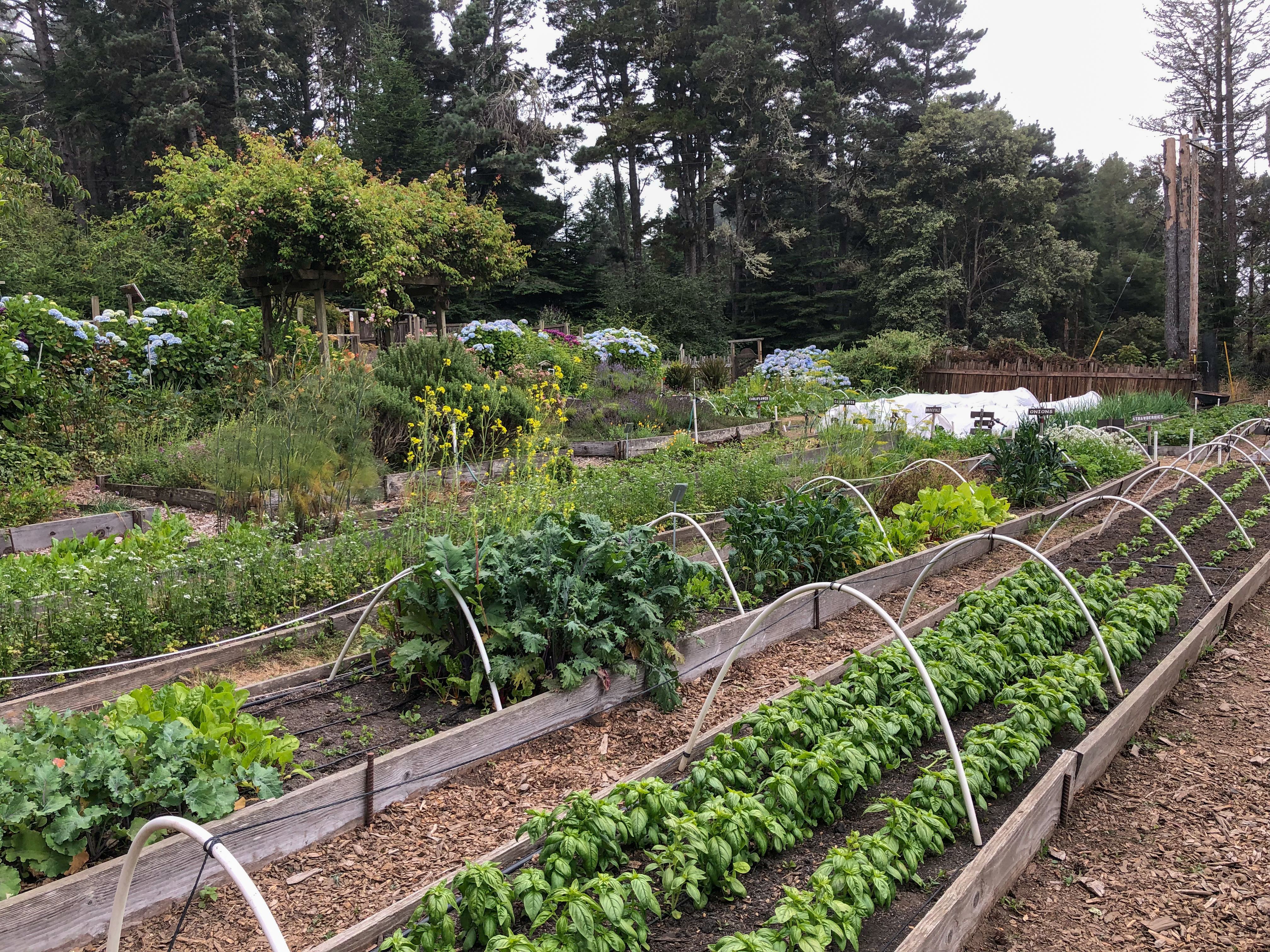Sustainable Food Systems: Building Economic Value for the Future
Introduction to Sustainable Food Systems
As the global population continues to grow, the demand for food increases, placing immense pressure on our planet's resources. Sustainable food systems offer a promising solution by balancing the need for food production with environmental stewardship and economic viability. By focusing on sustainability, we can build economic value and ensure a resilient future for generations to come.

The Economic Benefits of Sustainable Food Systems
Sustainable food systems aren't just about being environmentally friendly; they also present significant economic opportunities. By implementing sustainable practices, businesses can reduce costs associated with waste management and energy use. Additionally, consumers are increasingly willing to pay a premium for sustainably produced goods, which can enhance profitability.
Furthermore, sustainable practices can open doors to new markets and partnerships. As more companies prioritize sustainability, collaboration across the supply chain becomes essential. This can lead to innovative business models and increased competitiveness in the global market.
Job Creation and Community Development
Investing in sustainable food systems can also lead to job creation and community development. Sectors such as organic farming, renewable energy, and waste management are rapidly growing, providing numerous employment opportunities. Additionally, supporting local food systems strengthens community ties and fosters economic resilience at the local level.

Environmental Impact and Resource Efficiency
One of the key aspects of sustainable food systems is their focus on minimizing environmental impact. By adopting practices like crop rotation, reduced pesticide use, and water conservation, these systems help preserve ecosystems and biodiversity. Furthermore, they contribute to mitigating climate change by reducing greenhouse gas emissions.
Resource efficiency is another critical component. Sustainable food systems make optimal use of resources such as water and soil, ensuring that these vital inputs are available for future generations. This not only protects the environment but also contributes to long-term economic stability.
Innovation in Sustainable Practices
Innovation plays a crucial role in advancing sustainable food systems. Technologies such as precision agriculture, vertical farming, and lab-grown meat are revolutionizing food production. These innovations not only increase efficiency but also reduce the ecological footprint of agricultural practices.

The Role of Policy and Education
Policy intervention is essential in promoting sustainable food systems. Governments can support these initiatives by offering incentives for sustainable practices, implementing regulations that encourage resource conservation, and investing in research and development.
Education is equally important in driving change. Raising awareness about the benefits of sustainable food systems can empower consumers to make informed choices and encourage businesses to adopt more sustainable practices.
Building a Resilient Future
Ultimately, building sustainable food systems is about creating a resilient future where economic growth goes hand in hand with environmental preservation. By prioritizing sustainability today, we lay the foundation for a world where both people and the planet can thrive.
